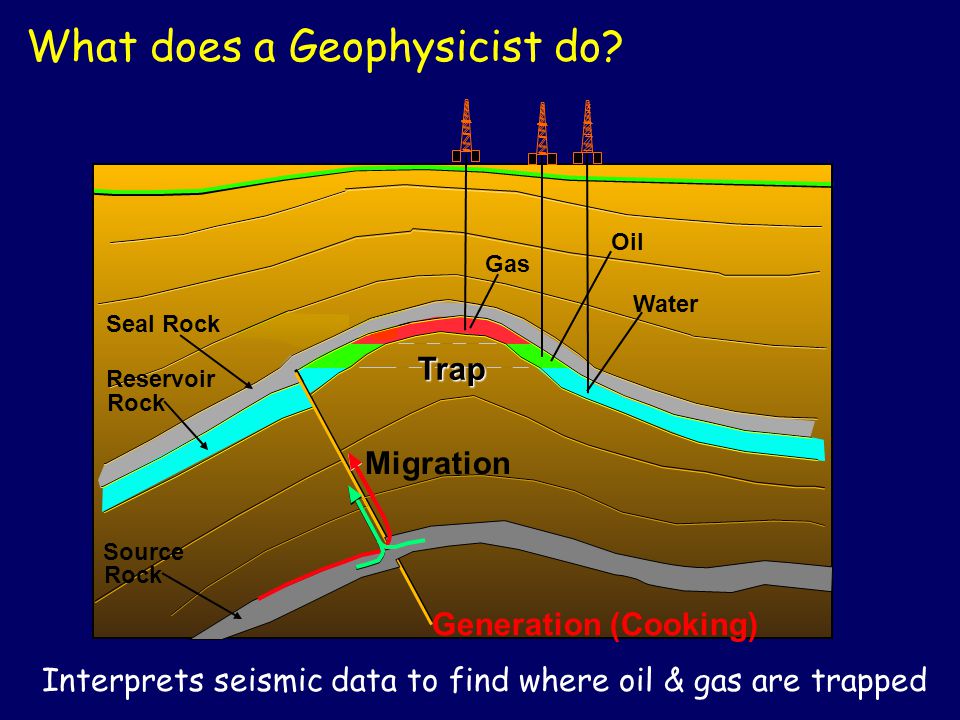All Categories
Featured
Table of Contents
How To Become A Geophysicist in Yanchep Western Australia 2022
Are you looking for the best kind of b-school? Get in touch with MBA programs seeking candidates like you. Check out schools of all sizes, ranked colleges, city and big-campus schools and more. Apply. Pay. Prep. Study. Prosper. We have actually got you covered. Get in touch with master's programs around the nation to get an edge over the competitors.

A geophysicist research studies various elements of the earth. Enjoy a video to discover what a geophysicist: Geophysicists should make a minimum of a bachelor's degree; nevertheless, this is for an entry-level position.
Advanced degrees need more particular research studies in the specialty of choice. Task prospects are higher if you have a strong background in computer science or technology.
Geophysical Survey Requirements In California Waters in Jolimont Australia 2022
Access to these chances might be limited depending upon where you live; however, internships or summer season programs with geophysical companies, university geophysics department, or the U.S. Geological Study can be alternatives. You can discover a list of a list of chances on the United States Geological Study (USGS) websites' Pathway Programs tab (opens in another link).
If you have yet to graduate high school, taking as numerous science and math classes as possible would be a plus. Geophysicists also deal with computers while investigating, so computer system courses can likewise be valuable, as pointed out previously in this post. Numerous geophysicists concentrate on an area of geophysics. Therefore, the job description would alter pending on the specialty.
A geophysicist's tasks can consist of measuring, tracking, and recording information from various physical homes on earth. Geophysicists frequently have to travel worldwide to examine geological events that have taken place or may have been predicted.
Marine Geophysicist in Martin Australia 2020
Jay Wellik, a geophysicist, studies volcanos. His area of competence in geophysics is researching why volcanos emerge and what indicators there might be that an eruption might happen. He tracks seismic activity and then follows what occurs previously, during, and after a volcano erupts. Geophysicists typically work full-time hours; however, they typically work irregular hours, as pointed out formerly.

You can find additional information about Geophysicists along with extra academic materials on the U.S. Geological Survey website (links open in a brand-new window). Laura Stern, of the U.S. Geological Survey at the Gas Hydrates Laboratory in Menlo Park, California: We make a number of different hydrates in the laboratory.
We also make co2 hydrate, ethane hydrate, gas, a variety of different structures. Liquid nitrogen is very cold. It has to do with 100 degrees chillier than the temperature level at which these hydrate samples would dissociate, when they would decay to ice plus gas on the tabletop. In here we have a little piece of methane hydrate.
What Is A Seismic Survey? in Murdoch Western Australia 2023
So the samples we make, their polycrystalline. They look like snow, it appears like compressed snow but honestly, it does contain gas inside. Take a little piece off here and as it heats up, you'll start to see it pop. It's reverting to ice plus gas and then as the ice would melt as it continues to warm, it will end up being water plus gas.
My name is Steve Kirby, I'm a Geophysicist here at the U.S. Geological Study in Menlo Park. I work with Laura Stern who is likewise a Geophysicist in this laboratory that is dedicated towards the examination of planetary ices and gas hydrates. Gas hydrates in nature occur in really remote locations and they are really complicated with the interactions and conditions that they form under and samples that are brought up are under some sort of alternation or decomposition.
This is an unusual laboratory and there are only a handful of them worldwide and we are really fortunate to be here at the Geological Survey and to have the opportunity of dealing with them. Bureau of Labor Statistics, U.S. Department of Labor, Occupational Outlook Handbook, Geoscientists. National Center for O * Internet Advancement.
Geophysical Survey - Mining Fundamentals in Merriwa WA 2023
This video was produced by the federal government for the U.S. Geological Study. The USGS Gas Hydrates Laboratory is moneyed by the Department of Energy and the USGS Gas Hydrates Task.
Table of Contents
Latest Posts
Airborne Geophysical Survey in Hocking Aus 2023
Geophysical Survey Services - Geophysical Test Methods in Karrinyup Australia 2020
Geophysicist: Job Description, Duties And Requirements in The Vines Aus 2020
More
Latest Posts
Airborne Geophysical Survey in Hocking Aus 2023
Geophysical Survey Services - Geophysical Test Methods in Karrinyup Australia 2020
Geophysicist: Job Description, Duties And Requirements in The Vines Aus 2020